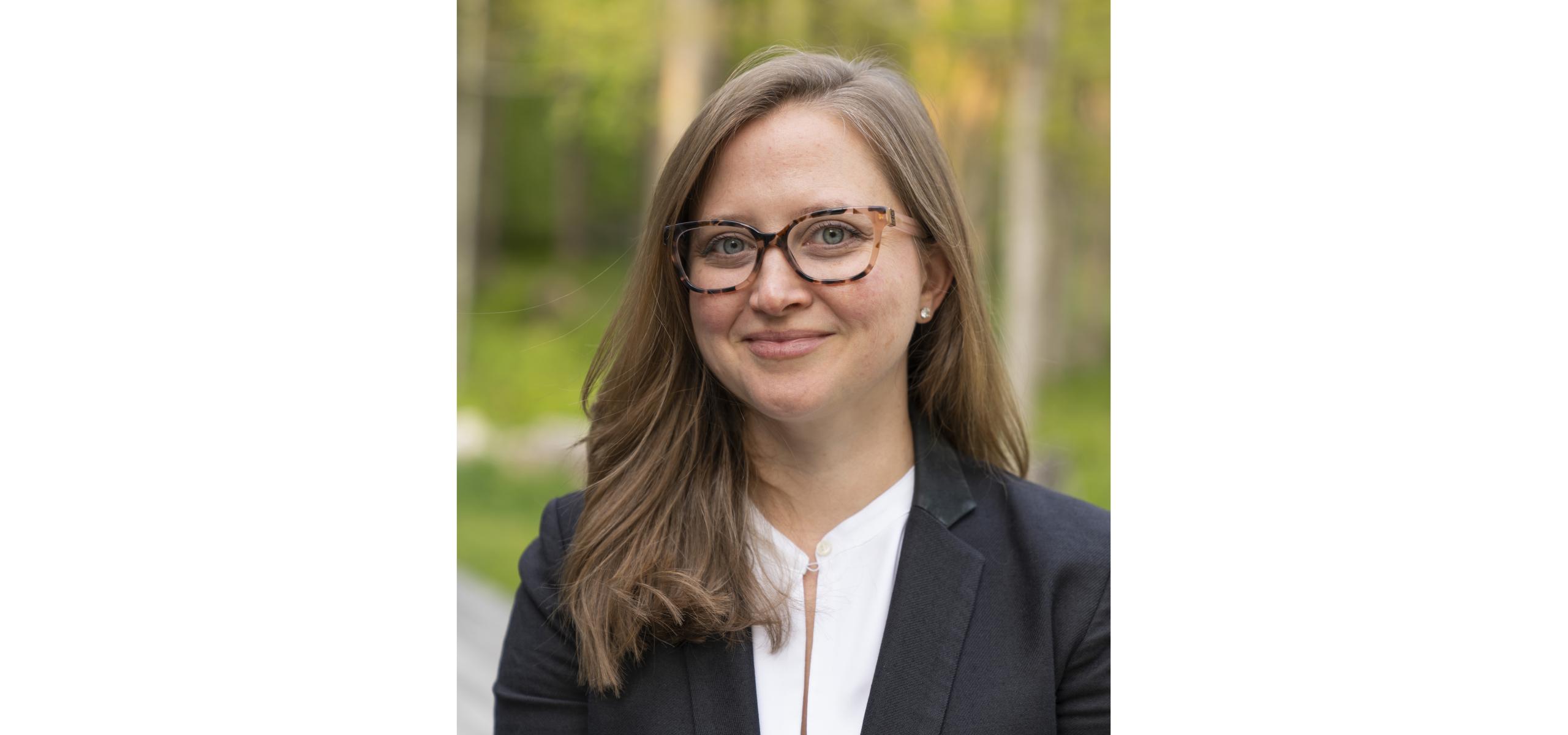
Photo credit: Melissa Stewart
What are your research interests?
My research engages with international legal theory to address complex problems in international law. My work has primarily focused on statelessness, both in how a lack of a nationality impacts communities in terms of their access to rights as well as using statelessness as a lens through which to critically examine some of our foundational assumptions about international law. My work also engages with contemporary challenges, such as climate change, sea-level rise, forced displacement, and mass atrocities. I've also written pieces related to international environmental law and the law of the sea. My work is informed by my time in private practice where I represented sovereign states before international courts and tribunals and the United Nations.
What motivated you to come to the ANU College of Law as a Visiting Fellow?
I was fortunate to hear about the Visiting Fellows program from my friend and colleague Associate Professor Ntina Tzouvala, who encouraged me to apply. It sounded like an incredible opportunity to visit ANU College of Law, meet other leading scholars in my field, and take advantage of the abundant resources at the University. For me, a visit during the months of June, July, and August were ideal as this is when we have our summer break in Hawai'i.
How have you found your time so far at the College/Canberra?
Everyone at the ANU College of Law has been so welcoming. A special thanks to Professor Leighton McDonald, Dr Wanshu Cong and Brenna Barker-Lamb for being the consummate hosts. I've enjoyed meeting and spending time with so many members of the faculty who have graciously made time to say hello and speak with me about their work. I've learned so much from these exchanges and I've been grateful to have the time here. Everything was set up so smoothly for me to immediately utilise all of the wonderful libraries you have on campus.
My fellow Visiting Fellow Dr Yassin Brunger and I have taken some time in the off hours to explore Canberra and the beautiful museums and scenery in town. I've also been able to take advantage of my time in Australia to travel to Melbourne for the annual meeting of the Australian and New Zealand Society of International Law and will be spending a few days in Sydney before returning home. This has allowed me to meet scholars around the country and truly maximize my time here.
Your visitor's seminar is entitled as 'Statelessness and the Risk of Genocide'. Why have you chosen to speak on this topic?
This topic has been on my mind for a number of years. I've written about the Rohingya in a few of my prior pieces and was involved in the early case strategy of what became The Gambia v. Myanmar. Their statelessness has always struck me as an important part of the story of how they became vulnerable to becoming victims of atrocity crimes that many governments have described as a genocide. Given the examples in history of communities being systematically denationalized or discriminatorily denied access to a nationality as a precursor to genocide or as a part of its ongoing process, most notably the Jews during the Holocaust, I think it is important to take a step back and examine that correlation and what it reveals about international law.
This topic feels particularly timely and, in an unfortunate sense, there is some urgency for the conversation. There are three cases currently pending before the International Court of Justice brought pursuant to the Genocide Convention, two of which involve stateless populations. While it will be several years before the Court reaches a decision on the merits in either of those cases, both the Rohingya in Myanmar and Palestinians in Gaza remain at risk and are experiencing extreme violence. There are other examples beyond these pending legal cases of communities facing a discriminatory denial of nationality and potential statelessness that are also at risk of becoming victims of atrocity crimes, including genocide. For example, in recent years many experts and NGOs have raised the alarm about Muslim communities in India being at potential risk of genocide after facing discriminatory treatment, violence, and potential statelessness following the passage of the Citizenship Amendment Act. This particular project fits within my larger research agenda that looks at the continued existence of statelessness as revealing a weakness in the structure of international law.
What is next for you beyond your ANU fellowship?
I'll be returning home to Hawai'i and preparing for the upcoming academic year at the University of Hawai'i at Mānoa, William S. Richardson School of Law, where I am an Assistant Professor of Law. I'm looking forward to teaching International Environmental Law for the first time as well as coaching our Jessup team.
Learn more about the ANU College of Law Visiting Fellows Program.